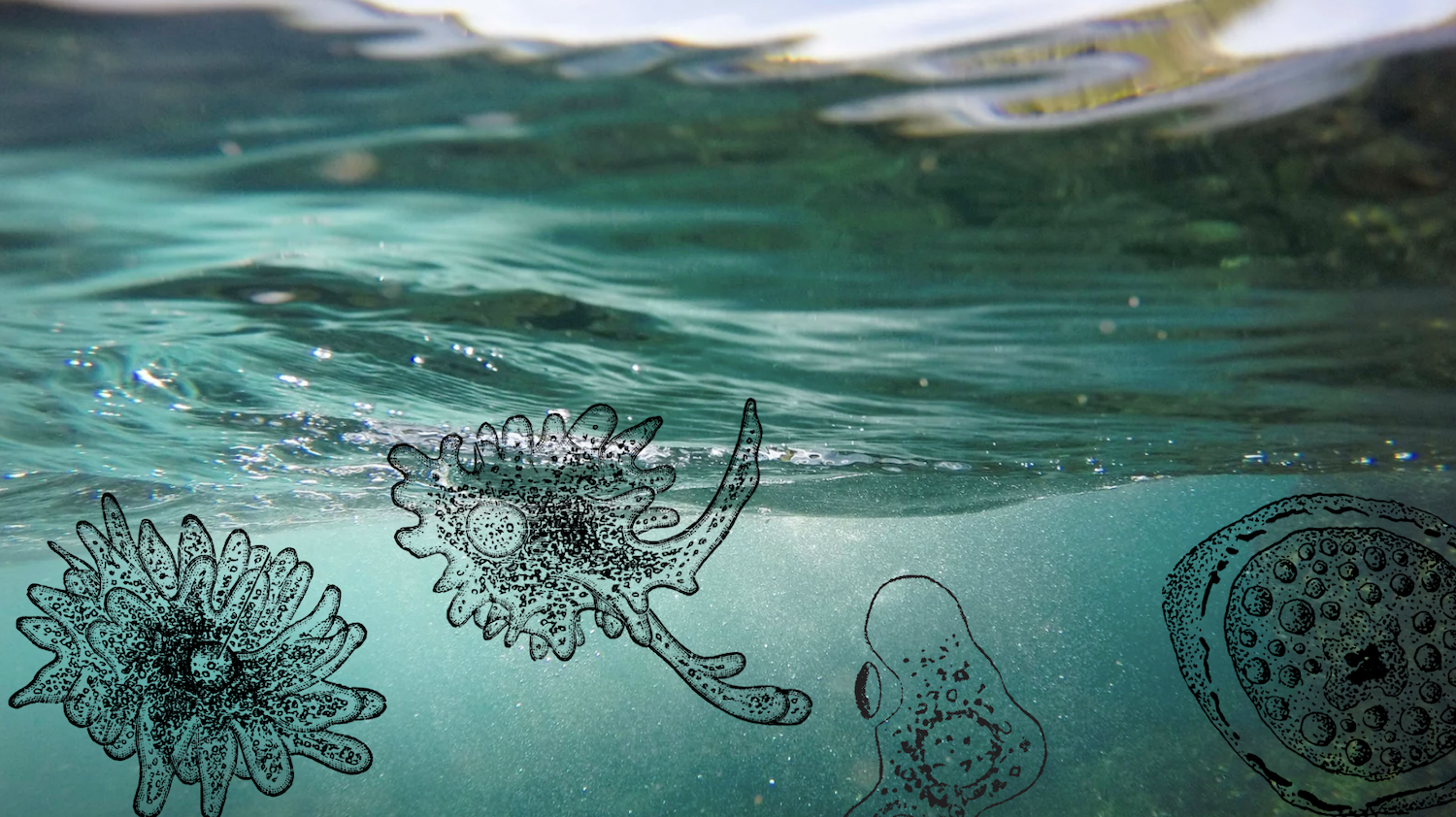Person dies after exposure to brain eating amoeba
March 17, 2023
On March 2, 2023, an unnamed person died of a brain-eating amoeba infection in Charlotte County, Florida. The Naegleria fowleri is a single-celled organism and a type of amoeba. Amoebas can be found in warm freshwater bodies such as lakes or rivers. While the amoebas themselves are generally not harmful when the water temperature reaches the mid 80’s, the risk of infection skyrockets.
A man in Florida has died after being infected with the brain-eating amoeba Naegleria fowleri, which he may have picked up by flushing his sinuses with tap water https://t.co/m6wUWtuPml
— New Scientist (@newscientist) March 12, 2023
N. fowleri find their home at the bottom surface of warm bodies of water. However, when people come and disturb the homes of the amoeba, they are swept up into the water. When a person takes in the water through their nose, the amoebas go with it. Then, the amoebas start to feast on that person’s brain, causing an infection. Ninety-seven percent of the time, the infected person dies five days after the symptoms of the infection start. The infection symptoms are very similar to those of meningitis. The symptoms include headache, fever, nausea, vomiting, stiff neck, confusion, seizures, hallucinations, and possibly a coma. (CDC).
In this particular case, the victim contracted the virus using just tap water from their home attempting to do a sinus rinse. A sinus rinse is when a person, suffering from nasal congestion, pours water into the nostrils using a neti pot. However, by using the contaminated water for the rinse, the victim unknowingly introduced the deadly amoeba to their body. In response to the case, The Florida Department of Health in Charlotte County recommends using only distilled or sterile water for this practice. Boiling tap water and leaving it to cool afterward is also considered a way to decontaminate it. (CNN)
This case has brought about a national fear over the safety and cleanliness of tap water throughout the United States. Citizens are beginning to question whether the water they use on a daily basis is actually harmful to them and their family’s health. While the cleanliness of tap water has long been questioned in recent decades with the rise of popular products such as the Brita water filter, this case has brought about another wave of concern.
While the risk of contracting the infection is very low with zero to eight cases reported in the U.S. every year, health officials advise staying away from still, warm bodies of water and recommend plugging your nose when going underwater in order to avoid the risk of a deadly infection.

